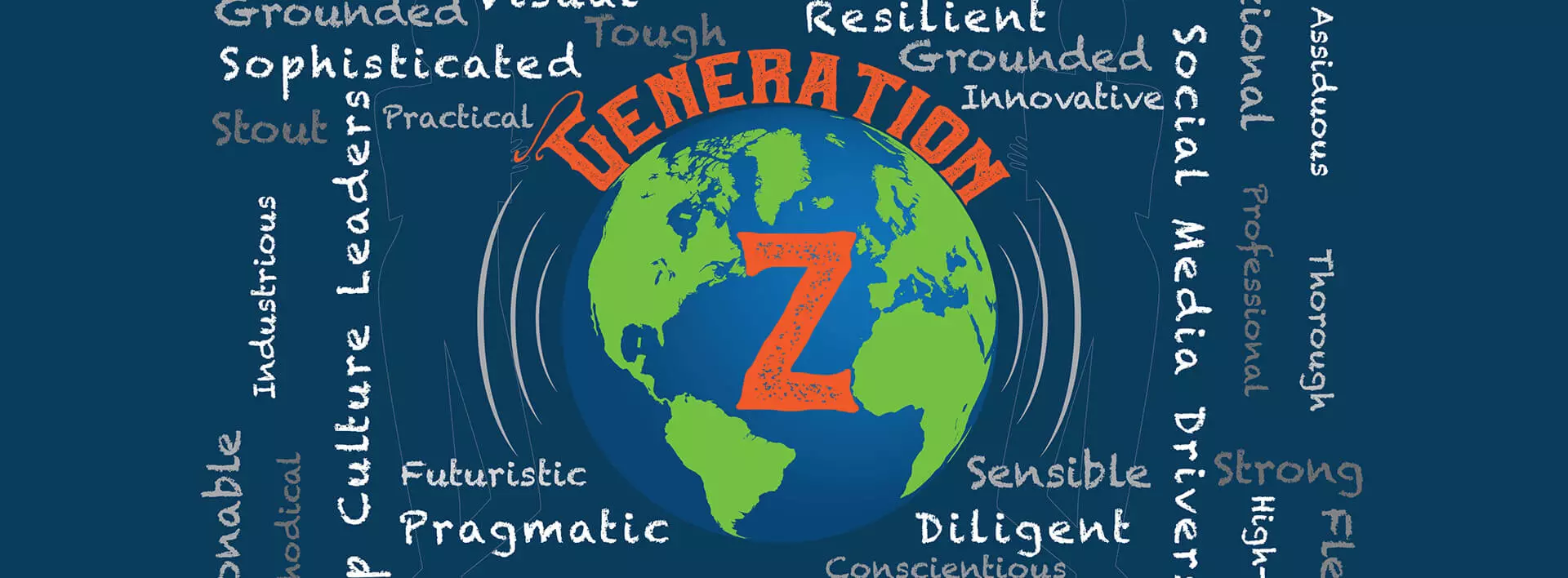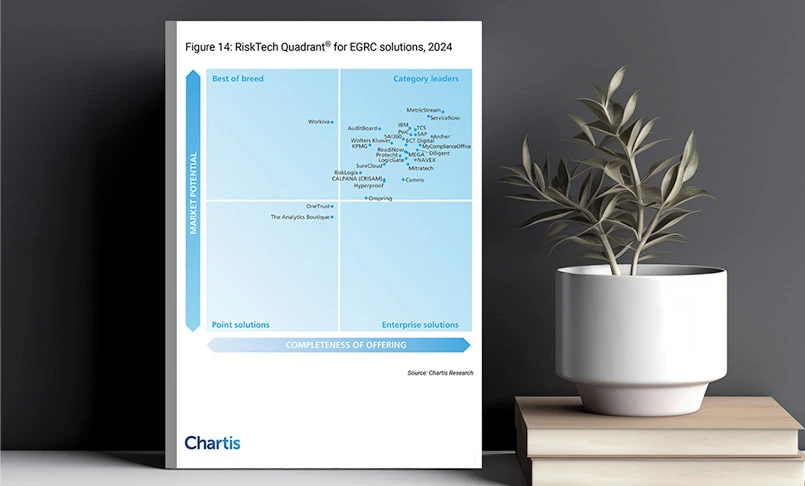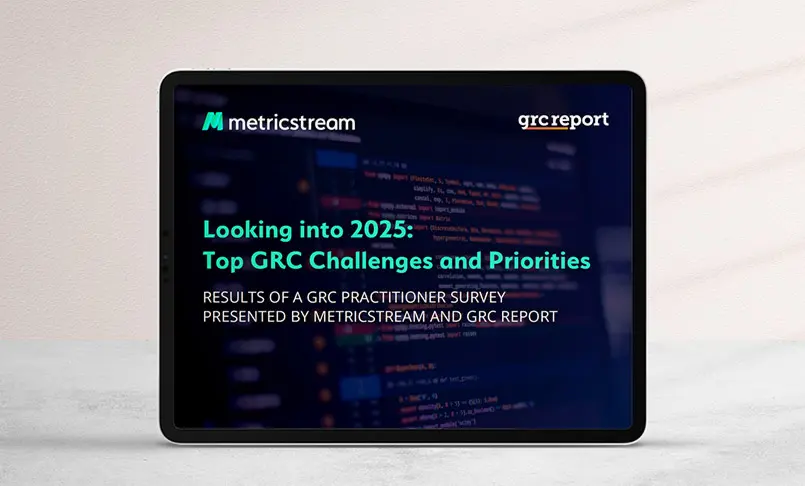GRC for Generation Z
- Compliance Management
- 04 July 18

Introduction
There’s a new first line of defense in the workplace. Gen Z is entering the workforce in droves, and will soon make up almost a quarter of the global working population. They will be the ones at the frontlines of the enterprise, managing risks every day in their business transactions, decisions, and interactions with customers.
In some respects, Gen Z-ers are similar to their predecessors, the Millennials. But they also come with distinctive values, attitudes, and of course, risks that GRC teams would do well to be aware of, if they want to effectively harness the potential of this new demographic in building well-governed, risk-aware enterprises.
Gen Z Is Highly Tech-Savvy
Gen Z employees are the first truly digital natives. To them, smart phones aren’t just devices, but a way of life. In fact, the majority of Gen Z now communicates more digitally than in person. They expect information to be delivered instantly, visually, and in bite-sized chunks. They’re also big on personalized digital experiences and apps that can predict and provide what they need.
Engaging this new demographic in GRC might require a rethink of existing GRC tools and processes. Are spreadsheets the way forward for a mobile-first generation? Or are there better, more automated approaches? Can employees use mobile apps to assess risks or attest to policies? Are these tools intuitive and easy to use? Are they visually appealing? And can they be personalized by users to suit their unique preferences?
These are key questions to consider because the more effectively GRC can be adapted to the needs and behaviors of Gen Z employees, the more easily it can be integrated into their daily lives.
Gen Z Is Purpose Driven
A 2017 survey by marketing specialist, Lovell Corporation, found that while Millennials tend to look for jobs that provide security and a good work-life balance, Gen Z is more focused on working for organizations that they’re proud of. They actively seek out employers whose missions align with theirs, and are more likely to stay with companies that value ethics and social responsibility. Having been part of seminal social media movements such as #metoo, Gen Z cares about values like ethics and transparency.
For GRC, therefore, it’s important to foster a corporate culture that Gen Z employees are proud to be part of – a culture based on integrity and trust. To do that, GRC teams need to be asking some fundamental questions: Do our company’s core values exist just for the sake of branding, or do they truly permeate thought and action? Is the leadership team living the core values? Or are they, for instance, setting such aggressive sales targets that employees are forced to compromise on ethics? Are good behaviors rewarded, and offenses penalized appropriately? Do employees feel like they can speak up if they are witness to inappropriate behavior?
It’s no longer enough for companies to pay lip service to cultural values. Gen Z is watching. And if they see their companies being driven more by sales and profits than by a higher purpose or a sense of integrity, they might take their talents and resources elsewhere.
Gen Z Is Changing the Nature of Work
While Millennials may have begun the trend of flexible, independent work, Gen Z is likely to take it further. 47% of them are already freelancing – a higher percentage than any other generation. 44% would be most excited to apply for a job with a flexible work schedule. And almost 60% consider the option to work remotely as a top job benefit.
Clearly, this is a generation that wants freedom and autonomy in their work. As businesses evolve to accommodate these expectations, GRC teams will need to find ways of balancing the associated risks and opportunities. For instance, with remote workers, data security can be a major risk. So, how can training programs and controls be adapted to protect data better?
Similarly, when it comes to freelancers and other third parties, quality could be a key problem. Can GRC teams prevent the issue ahead of time through better due diligence and onboarding programs?
Ultimately, the faster that companies adapt their risk management and compliance strategies to the changing nature of work, the more effectively they will be able to optimize the opportunities ahead.
Gen Z Is All About Diversity
Gen Z will undoubtedly be the most diverse generation yet to enter the workforce. Almost half of them in the US belong to a minority group. 81% have friends of a different race, and 59% of a different sexual orientation. Meanwhile, almost three-fourth of them consider racial equality to be to be an important social issue today.
All of this is good news for organizations that have increasingly been under pressure to improve diversity in the workplace. But as workforces grow more diverse, new risks are likely to crop up. Habits, behaviors, and even forms of dressing that seem normal to some employees due to their religious or cultural orientations, could be perceived as odd or even taboo to others.
From both a GRC and HR perspective, it will be essential to recognize these risks ahead of time, and develop policies and codes of conduct to deal with them. The aim should be to promote an inclusive workplace that treats everyone with dignity and respect. Programs promoting integrity and corporate social responsibility will play a key role here.
As the emerging first line of defense, Gen Z employees can add significant value to GRC programs by taking on more responsibility for risk. At the same time, their entrance to the workplace brings a whole new set of GRC challenges. Understanding and preparing for these challenges and changes will be pivotal to GRC success tomorrow and beyond.







